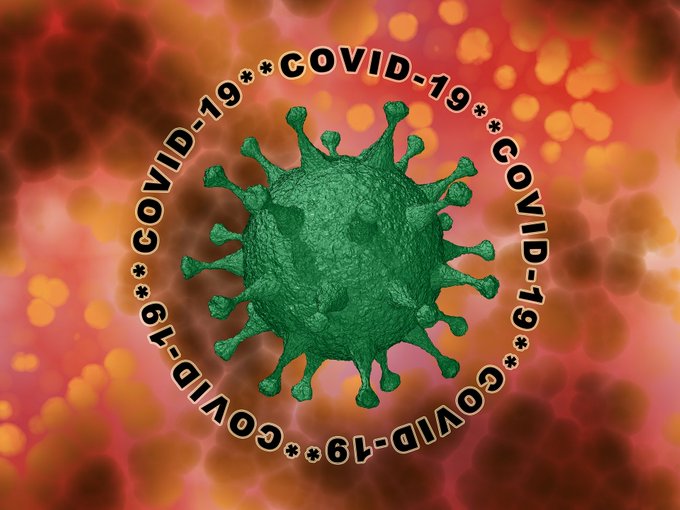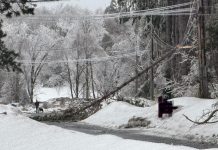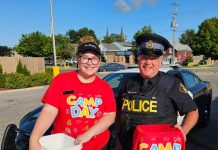In North Simcoe Muskoka (NSM), across Canada and around the world, one of the most vulnerable populations facing COVID-19 are seniors, especially those with underlying medical conditions such as cardiovascular disease, chronic respiratory disease, diabetes and cancer.
Here’s a snapshot of the seniors population in North Simcoe Muskoka:
- 90,615 seniors (2016 Census Data)
- 6% of the total NSM population is age 65+, while 8.2% is age 75+
- 8,505 are low income, 22% live alone
- In the region there are:
- 26 long-term care homes with 3,065 beds
- 42 retirement homes with capacity for 3,914 individuals
COVID-19 is creating an unprecedented danger to senior with health challenges and many who had already been experiencing isolation. In an infographic published by the Journal of the American Medical Association (JAMA), dated March 15, 2020, 19.7% of those in Italy over age 80 who contracted the disease died.
For these reasons, it is imperative that as a community we practice proper prevention strategies to reduce spread and protect our seniors. It is equally important to watch closely for signs and symptoms. While COVID-19 generally presents with a common set of symptoms, Dr. Kevin Young, Geriatrician and Physician Lead for the NSM Specialized Geriatric Services (SGS) program, states, “seniors can have an atypical presentation. They may present with mental status changes, increased falls, gastrointestinal symptoms and may not have a fever”.
Sweeping measures put in place to reduce community spread are also impacting our area seniors. Social distancing, program cancellations and the elimination of visiting and volunteer programs within hospitals, long-term care homes and retirement homes is leading to social isolation. Social isolation contributes to increased anxiety, stress, depression and caregiver stress. For older adults with dementia, behaviours like agitation can increase, further compounding caregiver stress. Loss of usual support from family and friends means it may take longer to notice health changes and seniors may not have access to necessary food, supplies or medication. Community activities and programs that seniors rely on for social interaction, meals, exercise and support have stopped. Food security is becoming an issue for some isolated seniors who are unable to leave their homes and unable to get grocery delivery as time slots are taken by others.
The NSM SGS program is working with area partners to understand how and where services are most needed. As an essential service, our specialized team continues to support seniors with their physician and mental health care needs across the region, although many of our services are now being delivered virtually (i.e. phone, computer). We are working on building an activity toolkit so that those who are isolated have things to do to keep them busy. We are also building an inventory of local services available to seniors across the NSM region during COVID-19.








